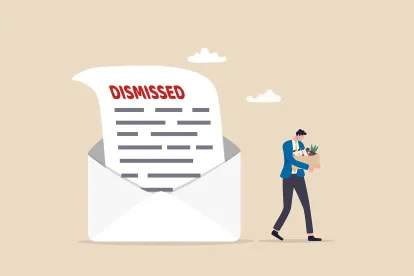Last summer, we reported here the California Supreme Court ruling that premium payments owed under Labor Code section 226.7 for meal and rest break violations constitute “wages.” The Naranjo et al. v. Spectrum Sec. Servs., Inc., 13 Cal. 5th 93, 102 (2022) decision had significant ramifications because it triggered related obligations for employers to report the premiums on employee wage statements, pay employees these wages within statutory deadlines at termination, and potentially pay statutory penalties if they fail to comply with these obligations.
Specifically, Naranjo suggested that, as a result of the ruling, employers who willfully withhold final wages from departing employees would owe a waiting time penalty (up to 30 days of daily wages) under Labor Code section 203. Under Labor Code section 226, employees are also entitled to penalties if an employers’ failure to provide accurate and required information on wage statements is knowing and intentional. Courts have been divided as to whether the defense to ‘willfulness,’ i.e., a good faith dispute as to wages owed under section 203, is also a sufficient defense to the “knowing and intentional” standard under section 226.
Upon its ruling, the Supreme Court remanded the case to the Court of Appeal and instructed it determine the following: (1) whether the trial court had erred in finding the employer had not acted “willfully” in failing to timely pay employees' premium pay (which barred recovery for penalties under section 203); and (2) whether Spectrum’s failure to report missed break premium pay on wage statements was “knowing and intentional” under section 226.
This week, the Court of Appeal affirmed the trial court’s finding of Spectrum’s good faith basis for its failure to pay meal premiums for departing employees and therefore that its non-compliance was not willful under section 203. At trial, Spectrum had presented evidence of its belief that the California Labor Code did not apply to its employees due to their work on federal enclaves and/or performance of federal functions. Although Spectrum’s defenses did not prevail, the trial court did not find that the defenses were made unreasonably, unsupported by the evidence, or made in bad faith. The Court extended this line of reasoning of “willfulness” in section 203 to the “knowing and intentional” standard of section 226.
Significantly, the Court also reversed class counsel’s attorneys’ fees award, finding that because Naranjo was not entitled to section 226 penalties, the attorneys’ fees award pursuant to that statute should also be reversed. Class counsel had not asked for attorneys’ fees under any other statute.
The Court’s ruling in favor of Spectrum spared the Company from potentially significant penalties and attorneys’ fees. That said, the Court’s ruling was highly specific to the evidence and arguments Spectrum submitted to the trial court. As such, employers should continue to be vigilant in ensuring employee meal and rest period premiums are accounted for on their statements and are paid at the appropriate rate and time.



 />i
/>i
